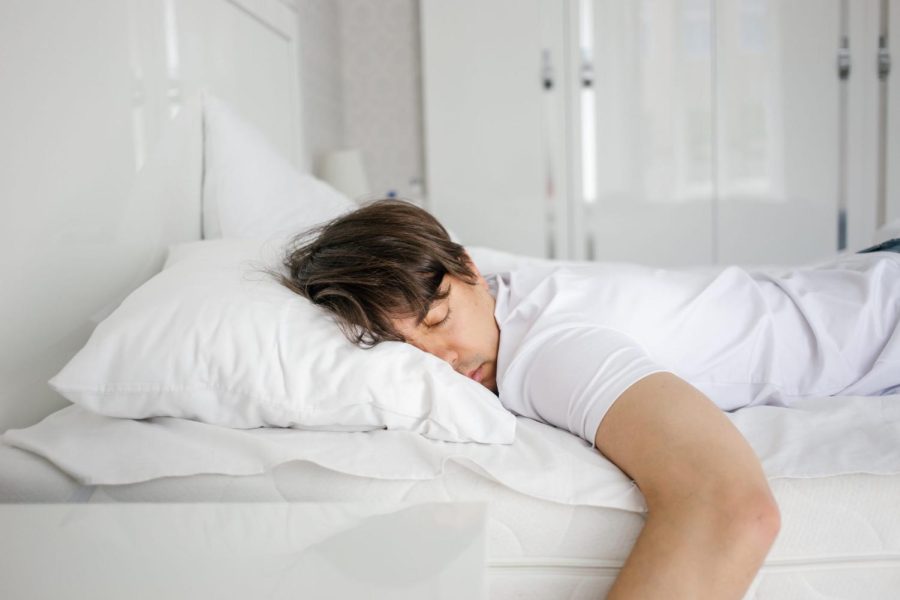How to Get the Perfect Night’s Sleep
Sleeping is something that many people thoroughly enjoy. It is how we recharge our batteries after we get tired out after a long day. Sometimes after a hard day of work, people can’t wait to crawl into their bed and go to sleep. We all have had nights where we don’t sleep very much, and likewise, we all have had nights where we have slept very soundly. But what is the difference between those two nights? What are the factors that contribute to a good night’s sleep?
There are several things that play a part in obtaining a restful snooze. One thing that plays a key role in getting a good night’s sleep is keeping a consistent sleep schedule. A common misconception is that if you want to feel more rested then you should sleep more. While this is true if you are getting less than 7 hours of sleep, it is very far from the truth if you already sleep 7 hours. Sleeping longer than 7 hours can actually have the opposite effect, making you feel more tired. According to the CDC, the amount of sleep that the average person needs is 7 hours. To obtain this you should try to go to bed and wake up at the same time every day.
Another thing that you can do to sleep better is to pay attention to what you eat and drink before bed. For example, You should try to steer clear of eating large meals within a few hours of going to bed. These meals could cause you discomfort that may keep you awake. Things such as caffeine, nicotine, and alcohol can also play a part in keeping you awake. The stimulating effects of caffeine and nicotine can take hours to wear off. Alcohol, on the other hand, could make you sleepy at first, but later in the night, it can seriously disrupt your sleep.
There are some other things that you can do during the day to make sure you get a good night’s sleep. Physical activities such as playing sports, jogging, and lifting weights can tire your body out and make you feel the need to be recharged. This will make you more prone to falling asleep faster and staying asleep longer. If you engage in these activities you may be tired during the day and want to take a nap. While taking a nap is a good way to catch up on some lost sleep, you should not rely on a nap to give you an entire night’s rest. Naps late in the day can refresh your body and cause you to have a very difficult time falling asleep when the evening comes. You should also avoid taking long naps as these can also mess up your sleep schedule. Shelby Harris, a licensed clinical psychologist who specializes in behavioral sleep medicine, says that a nap should last no more than about 30 minutes. According to Harris, anything over this time will interfere with your sleep schedule and can cause you trouble sleeping during the night.
In conclusion, several factors impact how well you sleep during the night, and to optimize your quantity and quality of sleep, you should do your best to follow the guidelines that this article has stated. Some of these things include keeping a consistent bedtime and wake-up time, not consuming caffeine, alcohol, or nicotine within a few hours before you go to sleep, and engaging in physical activity during the day. Sleep is a very important part of our overall health and we should try to improve it any chance we get.
My name is L.J. Hillis. I am a Junior at Lewis Cass Jr. Sr. High School. I play football and basketball. This is my first year being involved with the...















